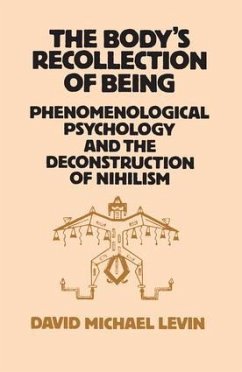
Critique and Affirmation in Erich Fromm
Humanistic Politics and the Psychoanalytic Clinic
Versandkostenfrei!
Versandfertig in 1-2 Wochen
158,99 €
inkl. MwSt.
Weitere Ausgaben:

PAYBACK Punkte
79 °P sammeln!
Critique and Affirmation in Erich Fromm explores the relations between Erich Fromm's theory and practice in politics and the psychoanalytic clinic - their points of continuity and contradiction.














